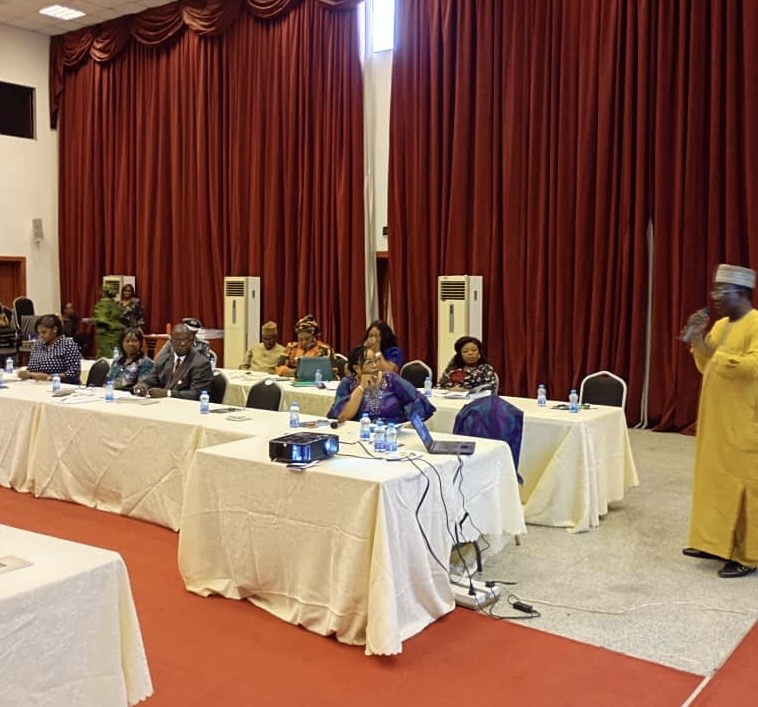The Independent Corrupt Practices and Other Related Offences Commission (ICPC) will partner with the Institute for Peace and Conflict Resolution (IPCR) in the execution of programmes and initiatives that promote anti-corruption, peace, and security matters in Nigeria.
ICPC, which disclosed this through its representative, Mr. Hassan Salihu, at a Sensitisation Engagement Meeting recently organised by the IPCR Abuja; stated that its newly appointed Chairman, Dr. Musa Adamu Aliyu, SAN, is a strong proponent of strategic partnership approach in fighting corruption.
According to Salihu “ICPC is of the view that corrupt practices if not properly and frontally addressed, could pose an imminent threat to stability and capable of fuelling conflicts. Corruption ignites conflicts, disrupting peace by worsening penury and facilitating the illicit use of resources”.
In his opening remarks at the engagement meeting, the Director General of IPCR, Dr. Joseph Ochogwu, stated that the purpose of the meeting was to inform its stakeholders of the activities of the Institute and its training programmes.
Dr. Ochogwu explained that “The Institute is an Agency of government that provides an understanding of the importance of strengthening human capacities to drive efforts at achieving sustainable peace and development in Nigeria”.
Director of the National Peace Academy of IPCR, Dr. Bosede Awodola explained the 2024 courses that the Academy provides. Other Directors of the IPCR explained the functions of their various departments.
Stakeholders at the meeting made useful comments and exhaustive conversations around collaborations, partnerships, and how the IPCR could support various government agencies’ statutory functions through the inclusion of peace components.
The One-Day Sensitisation Engagement Meeting attracted the participation of other stakeholders such as the National Assembly; Nigeria Police Force; Nigeria Customs Service; Nigeria Immigration Service; Border Communities Development Agencies; Nigerian Military; National Oil Spill Detection and Response Agency; Nigerian Institute of Advanced Legal Studies and the National Identity Management Commission.

